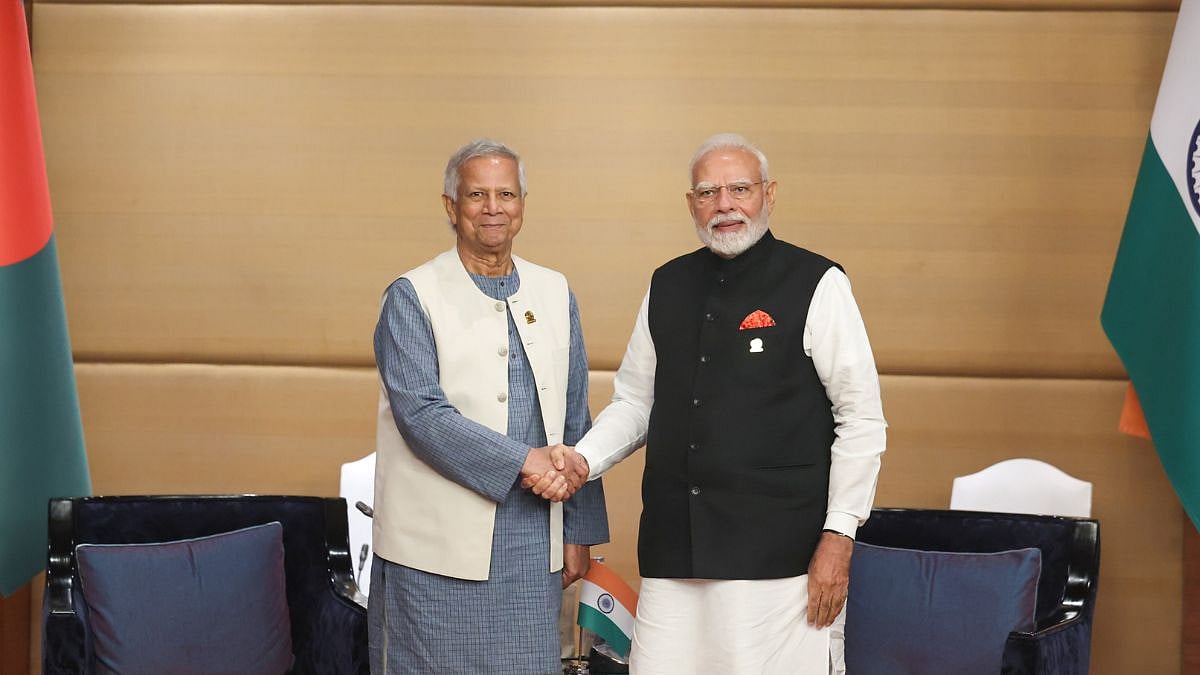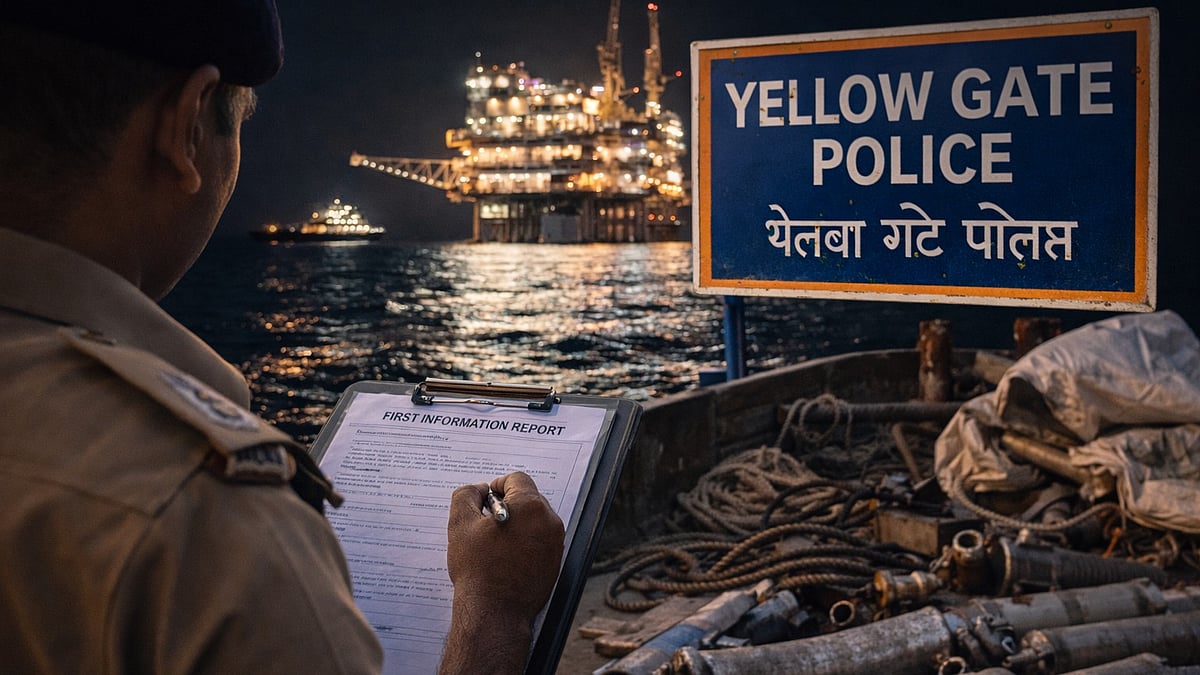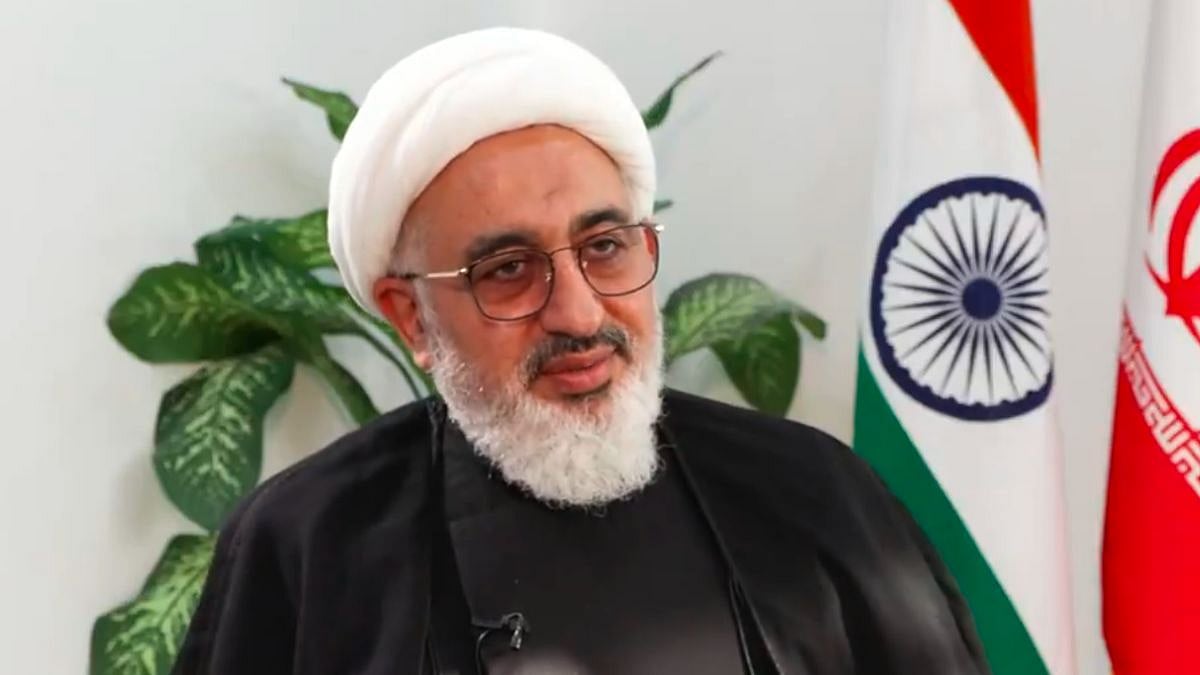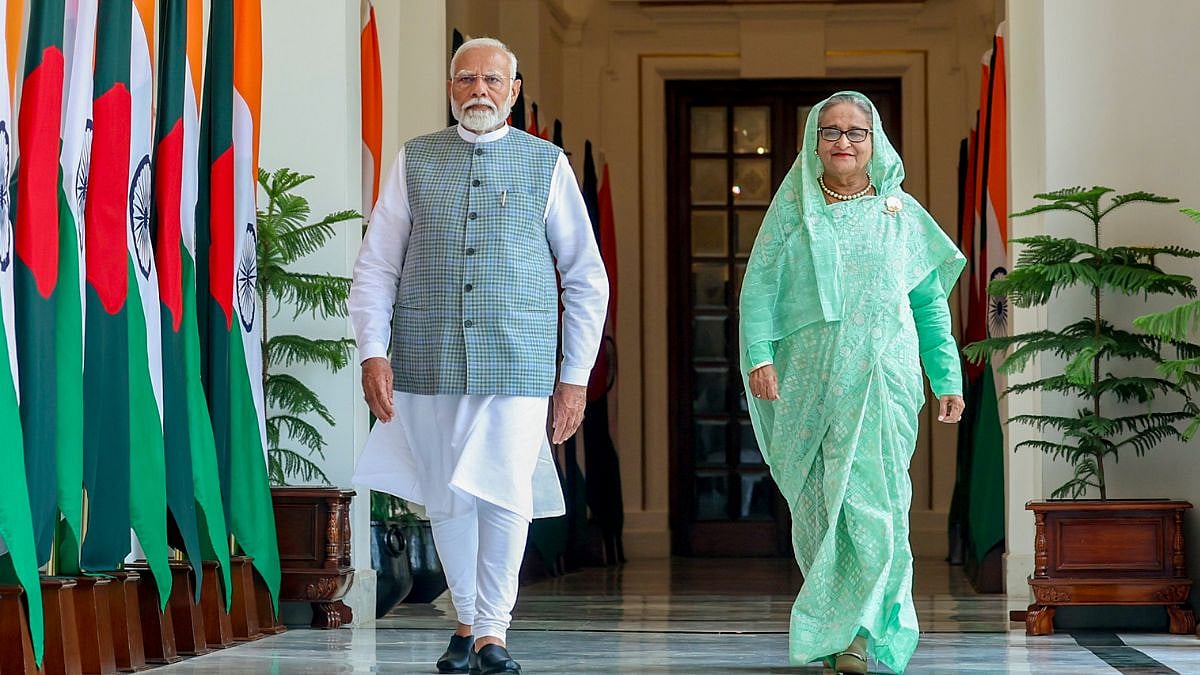New Delhi: The death sentence issued against Sheikh Hasina has come as no surprise to Bangladesh watchers in New Delhi. Pointing to the long rivalry between the former prime minister and Mohammed Yunus, the Chief Adviser of the current interim government in the country, a senior diplomat stated that the sentencing was the result of “vindictive politics,” prevalent in Bangladeshi political history.
The diplomat pointed out that this was not the first time a political leader had been targeted. Begum Khaleda Zia, chief of the main opposition party, the Bangladesh Nationalist Party (BNP) was arrested and then put under house arrest in 2020. Her son Tarique Rahman, the interim chairman in the BNP, in London since 2008, has stated he will return soon to fight elections scheduled for early 2026.
“The fight is taking place at many levels. There is first the personal animosity between Hasina and Yunus which goes back till 2007. Then there is the ideological battle between the Mancha 71 (Platform 71) who broadly support Hasina, and the Jamaat-e Islami who expressed their support for Yunus. This is polarising Bangladesh and affecting the day-to-day running of the country,” the envoy said.
Asked if the extradition note sent by Yunus to the Indian government demanding Hasina’s return would worsen already complicated relations between Delhi and Dhaka, the diplomat said that it was important to note that the normal channels of communication between the two countries was continuing. “Bangladesh's NSA Khalilur Rahman will visit India this week for an NSA meet of the Colombo Security Conclave. Technical level meetings are continuing; External Affairs Minister S Jaishankar has met his Bangladeshi counterpart, and Prime Minister Modi has met with Yunus so regular interactions are taking place,” she said.
Sanjay Bhardwaj who is a professor for South Asian Studies at the School of International Studies in Jawaharlal Nehru University, agreed with this assessment. Commenting on Yunus’s demand for Hasina’s extradition, Professor Bhardwaj said that he was in a “weak position” and lacked “political legitimacy” even from his allies. “In 2006, there was a demand for a caretaker government in Bangladesh; Yunus was tipped as the person who could head it. However, he could not receive support from either the Awami League or the BNP. He also cannot rely on the Jamaat-e-Islami who have dubbed him “un-Islamic.”
So the likely course will be elections, after which an elected government could bring up the matter of her extradition.” Internationally, too, Yunus is seen as a liability. Bangladesh watchers say that his lack of political experience coupled with his desire to make grand gestures have not endeared him to New Delhi. The Bangladeshi leader recently handed over a map to a Pakistani official showing the entire Northeast as part of Bangladesh, and he has made other insensitive remarks regarding India to China.
New Delhi has little incentive to boost ties with Yunus. “Yunus has used his time in office to take care of his own personal interests, first and foremost. What did he do? He has issued an administrative order to you know, get rid of all the pending tax cases against his companies. He has been able to get licenses for a Grameen University. Again, these are money making business for him. He has got license from the government to have a manpower contract. Again, a completely commercial business. So you know, he is seen as a businessman who has very little political sense,” said an expert who did not wish to be named.
Professor Bhardwaj believes that the Awami League may even see a resurgence before long. “The student community, instrumental in the protests, is now on the back foot. They are now realizing they tried to change the guard for something good, but it could not come. Instead, the country has gone into the hands of the hardliners. This is not something that they can live with.”
.jpg)
A senior diplomat points out that what is also telling is that every opinion poll shows that Awami League's vote share is still hovering a little above 30%. “As and when elections are announced, a lot of back channel will happen to grab those votes. So, if they’re able to do a deal with the BNP, they might be able to, you know, have a situation which is very different after elections. So, Bangladesh is entering a very, very crucial and difficult political phase.”







